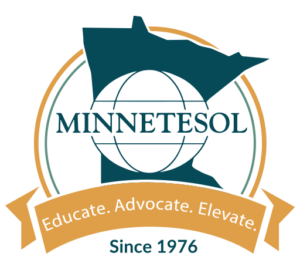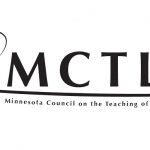After a successful and satisfying career in an unrelated field, Sheryl followed her passion for teaching English to immigrants and refugees by embarking on a second career in Adult Basic Education. For five years ending August of 2013, Sheryl was the Education Program Manager at MORE, a nonprofit community-based organization located in St. Paul and a member of the St. Paul Community Literacy Consortium. Due to the demographics of its neighborhood and its collaboration with the nearby Karen Organization of Minnesota, approximately 90% of MORE’s 400 enrolled learners in 2013 were Karen refugees who arrived in the U.S. after spending years in Thai refugee camps. Their literacy levels varied from non-literate to 10th grade, but the vast majority who enrolled in MORE’s education program had little to no prior formal education.
Barriers to learning are many, including past and present experiences of trauma, poverty and its related financial and familial stressors, moving quickly into low skilled jobs of short duration that result in bursts of classroom attendance, lack of child care for the non-working spouse, being older in age, and lack of safe and convenient transportation. Despite these barriers, which are in no way unique to the Karen community, progress is made day by day and learner by learner through the hard work of skilled, dedicated and compassionate teachers and volunteers.
Sheryl is a graduate of the University of Minnesota’s College of Liberal Arts, has received Hamline University’s Certificate for Teachers of Adult ESL, and is working toward Hamline University’s M.A. in English as a Second Language.


